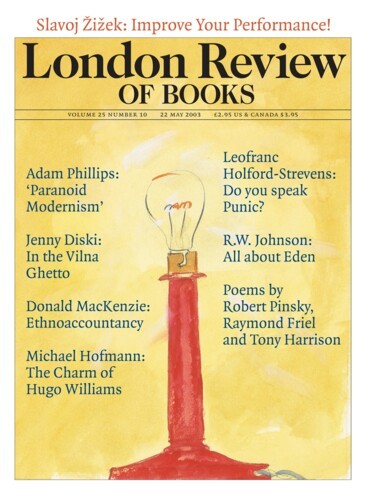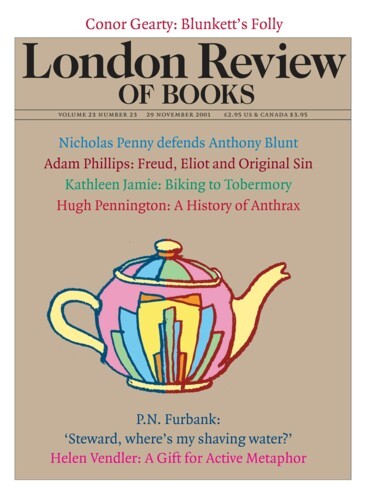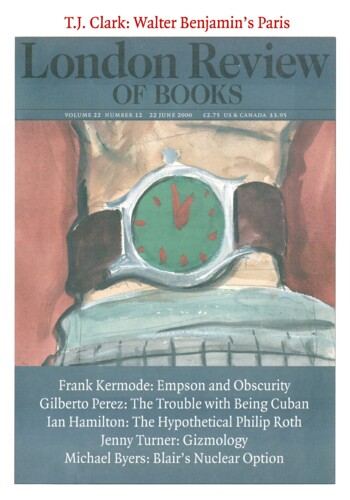Like the Swiss, British historians prefer their centuries to begin at a different time from everyone else. The 18th century has always begun in 1688 and, depending on your taste for military matters, the 20th century usually starts in 1914 or 1918. Even the 19th century continues to defy logic. Despite the territorial completion of the United Kingdom in 1801 and the death of Victoria almost exactly one hundred years later, historians still opt for a split at 1815 and an end in the 1880s. So in choosing to conclude his new survey at 1880, Richard Price joins a long tradition of irreverent timekeeping. Except that, according to Price, it is not the 19th century that ends in the 1880s, but the ‘long’ 18th century. In recent years the lifetime of the distinctive political regime and social structure which emerged under the House of Hanover in the early 18th century has been extended by historians to encompass the reigns of George IV and William IV. Now Price wishes to stretch the elastic a little further and bring in the Victorians as well. He argues that neither the advent of Parliamentary democracy in 1832 nor the coming of free trade in 1846 saw off the dominant features of the Hanoverian era. Only with the expansion of empire and the growth of central government in the last quarter of the 19th century did Britain become recognisably modern. There is plenty to commend in this approach, but it is also fraught with danger. With such a long 18th century, I begin to fear for the 19th. The Victorians are not simply being put in their place: they are being taken out of the picture altogether.‘
British Society 1680-1880: Dynamism, Containment and Change by Richard Price. Like the Swiss, British historians prefer their centuries to begin at a different time from everyone else. The 18th century has always begun in 1688 and, depending on your taste for military...



